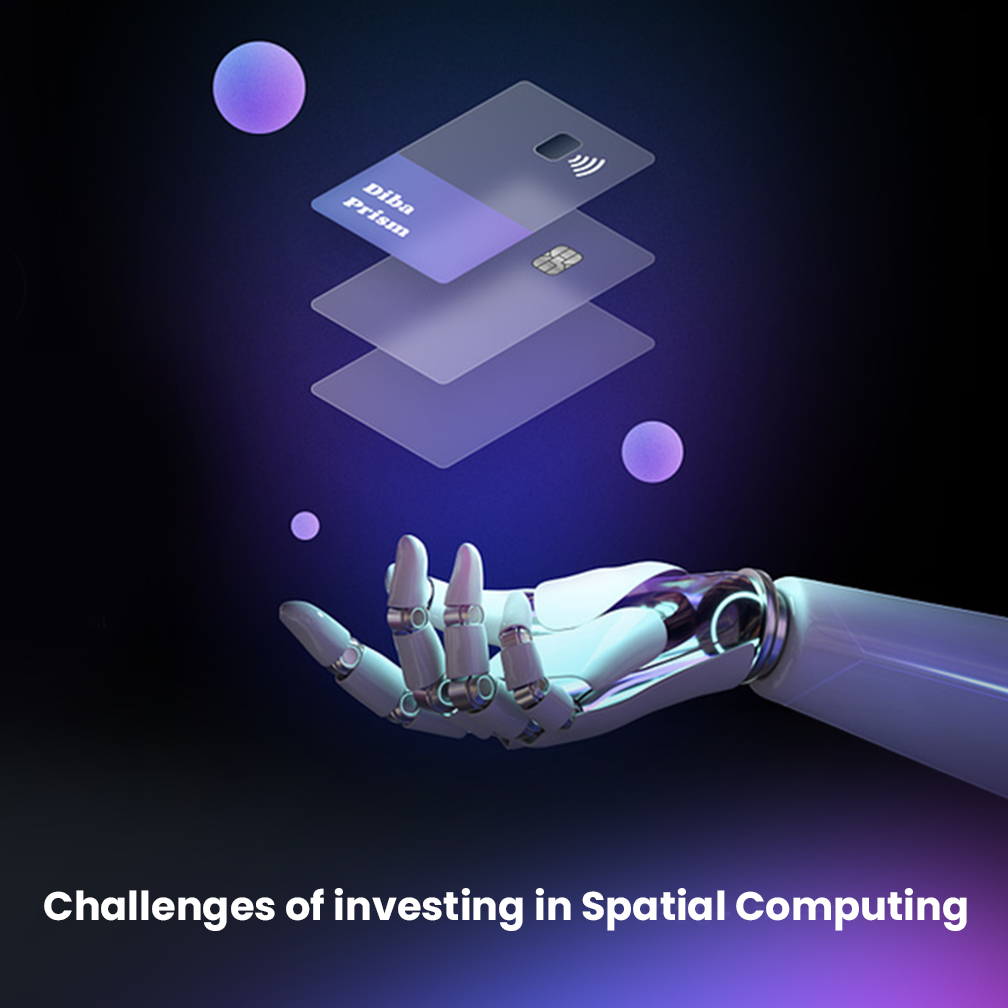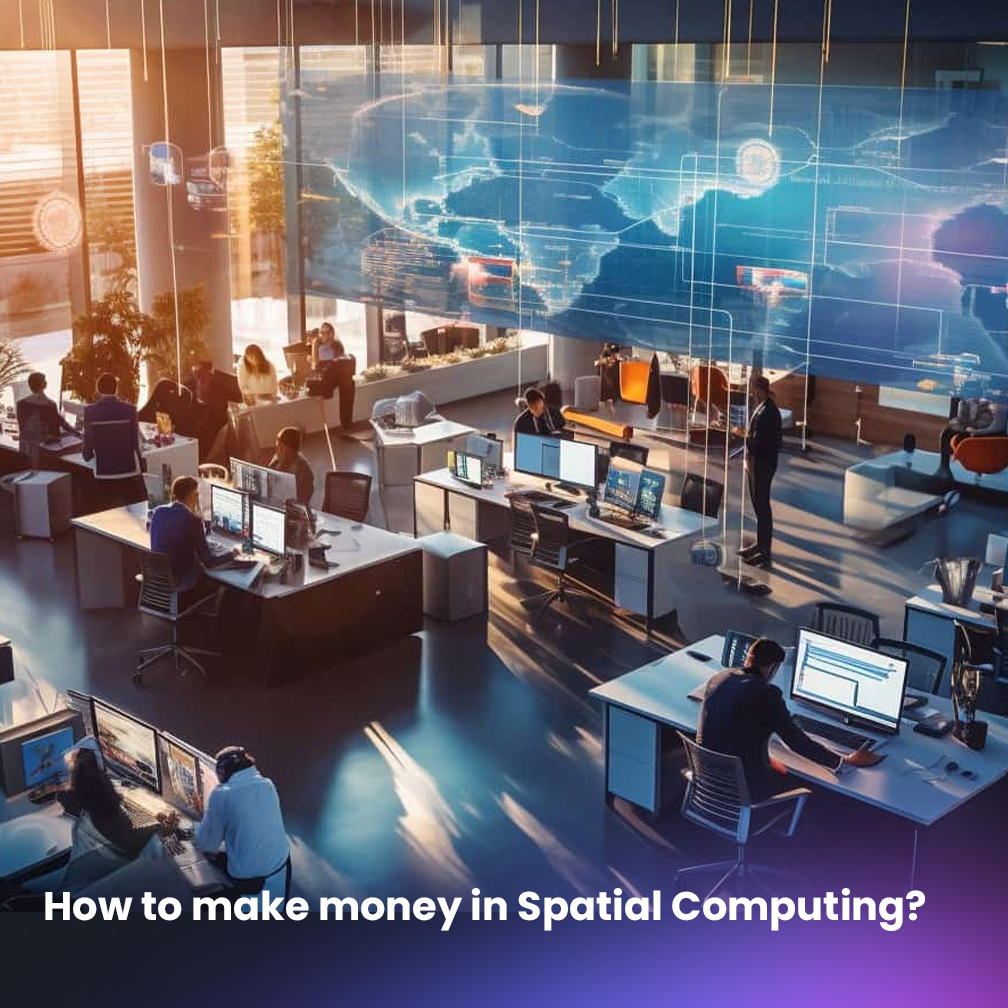Challenges and Opportunities in Spatial Computing Investments

Estimated reading time: 3 minutes
Spatial computing, a revolutionary technology poised to redefine how we interact with digital information, is attracting significant investor interest. While the potential for groundbreaking applications and lucrative returns is undeniable, navigating this nascent field comes with its own set of challenges.
This article explores both sides of the coin, providing a comprehensive understanding of this exciting investment landscape.
Understanding Spatial Computing
Before diving into investment considerations, let’s establish a clear picture of spatial computing. Spatial computing is all about creating immersive experiences that bridge the physical and digital worlds. It leverages technologies like augmented reality (AR) and virtual reality (VR) to overlay digital elements onto our physical surroundings or transport us entirely into virtual environments.
Investment Opportunities in Spatial Computing
The potential applications of spatial computing are vast, encompassing various industries and aspects of our lives. Here are some promising areas for investment:

- Hardware Development: Investing in companies developing AR/VR headsets, haptic feedback technology, and other essential hardware components for spatial computing experiences can be lucrative as adoption rates increase.
- Software Development: Software plays a crucial role in creating engaging and interactive spatial experiences. Investing in companies developing AR/VR applications, content creation tools, and spatial operating systems presents exciting opportunities.
- Spatial Content Creation: As the demand for high-quality 3D assets and immersive experiences grows, investing in companies specializing in spatial content creation, such as 3D modeling and animation studios, can be highly profitable.
- Infrastructure Development: The seamless functioning of spatial computing requires robust infrastructure. Investing in companies developing the underlying network architecture and data management solutions for these immersive environments can be a strategic move.
Challenges of Investing in Spatial Computing
Despite its immense potential, spatial computing faces some hurdles that investors should consider:
- Market Uncertainty: Spatial computing is still in its early stages, and market trends and user preferences are constantly evolving. Predicting the most successful applications and technologies can be challenging.
- Technological Hurdles: Technical limitations like hardware constraints, battery life issues, and the need for high-bandwidth internet connections can hinder widespread adoption. Investors need to assess how companies are addressing these challenges.
- Content Ecosystem: A robust ecosystem of high-quality spatial content is critical for user engagement. Investors should consider how companies are building and nurturing this ecosystem to attract and retain users.
- Privacy Concerns: The immersive nature of spatial computing raises privacy concerns regarding user data collection and potential misuse. Investors should evaluate the data security practices of companies they consider.

Conclusion: Weighing the Risks and Rewards
Investing in spatial computing requires a balanced approach. While the potential rewards are significant, the inherent risks associated with emerging technologies cannot be ignored.
By thoroughly researching the market, understanding the challenges, and carefully selecting investment opportunities, investors can position themselves to benefit from the transformative power of spatial computing. Remember, staying informed and adaptable in this fast-paced environment will be crucial for success.
Embrace the future of human-computer interaction and explore the exciting possibilities of spatial computing!
Disclaimer: All financial information provided on the Stage Meta Blog is intended solely for informational purposes and should not be considered investment advice. It is strongly advised to conduct thorough research and consult with financial experts before making any investment decisions.








